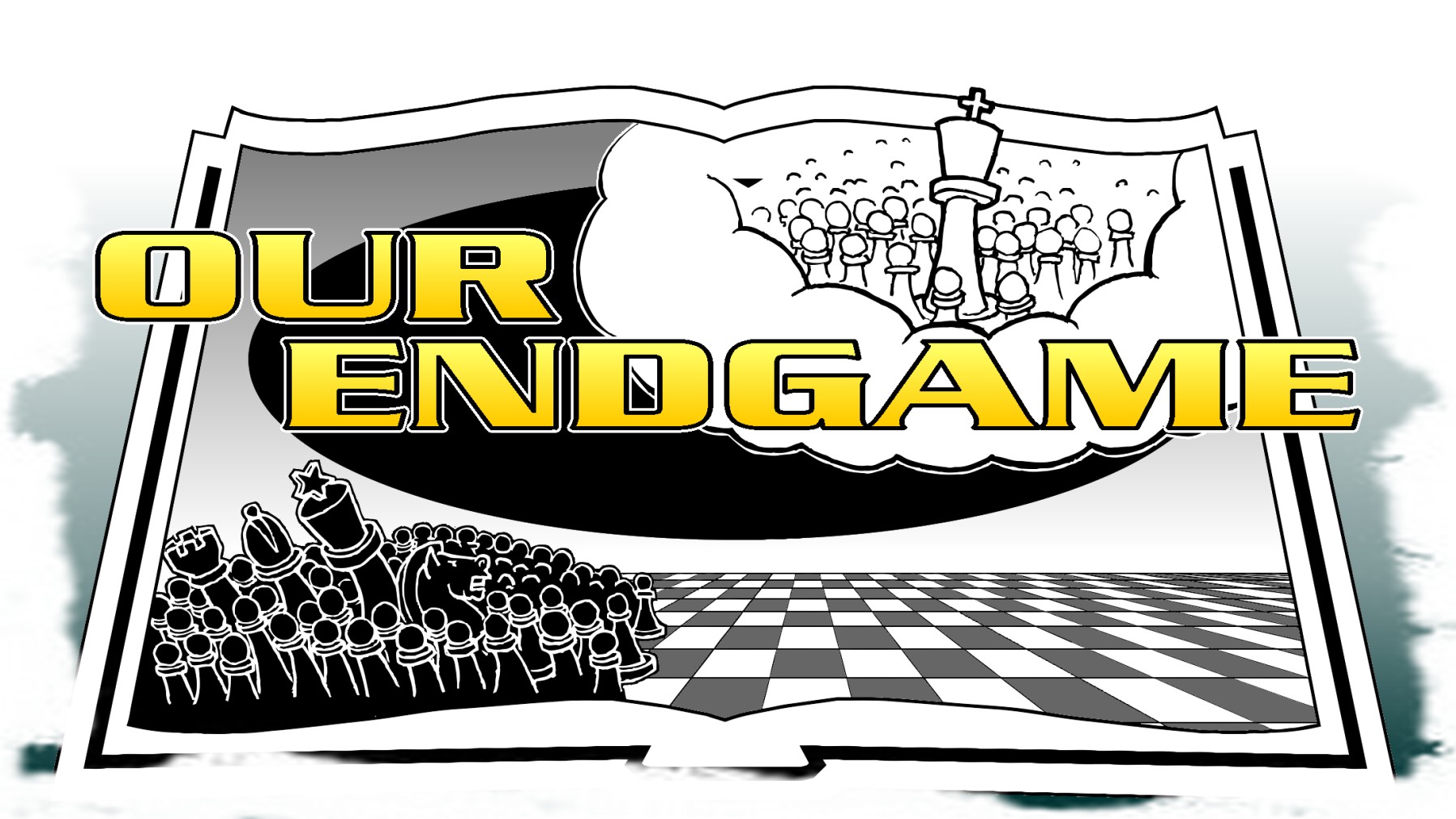While nothing is easier than to denounce the evildoer, nothing is more difficult than to understand him.
— Fyodor Dostoevsky
It seems to be a fact of human psychology that when death approaches the human heart speaks its words of love to those whom it holds closest. There is no reason to suspect that it was otherwise in the case of Jesus. If He spoke in a graduated order to those whom He loved most, then we may expect to find in His first words as death approached some order in His thoughtfulness and affection.
His first words went out to enemies: “Father, forgive them;” His second to sinners, “This day You will be with Me in Paradise;” and His third to saints, “Woman, behold your son.” Enemies, sinners, and saints—such is the order of Divine thoughtfulness.
Forgive enemies? The soldier in the courtroom who struck Him with a mailed fist; Pilate, the politician, who condemned Him to retain the friendship of Caesar; the soldiers who swung the King of Kings on a tree—forgive them? Why? … Because they knew not what they were doing. If they knew what they were doing and still went on doing it, unmindful of the fact that the very blood which they shed was capable of redeeming them, they would never be saved.
It’s not wisdom that saves: it’s ignorance! It is only our ignorance of how good God is that excuses us from not being saints.
What the Lord preached in the Sermon on the Mount, he put into practice. He knows no hatred. He does not call for revenge. He begs forgiveness for those who nailed him to the Cross and he justified his plea by adding, “For they know not what they do.”
Jesus, I do not want to know the wisdom of the world. I want only to know the length, the breadth, the height, and the depth of Thy redeeming Love. I want to be ignorant of everything but You, Jesus. And then, by the strangest of strange paradoxes, I shall be wise!
— Fr. Mike Schmidt
To love at all is to be vulnerable. Love anything and your heart will be wrung and possibly broken. If you want to make sure of keeping it intact you must give it to no one, not even an animal. Wrap it carefully round with hobbies and little luxuries; avoid all entanglements. Lock it up safe in the casket or coffin of your selfishness. But in that casket, safe, dark, motionless, airless, it will change. It will not be broken; it will become unbreakable, impenetrable, irredeemable. To love is to be vulnerable.
— C. S. Lewis

One response to “Divine Thoughtfulness”
so very beautiful and healing.